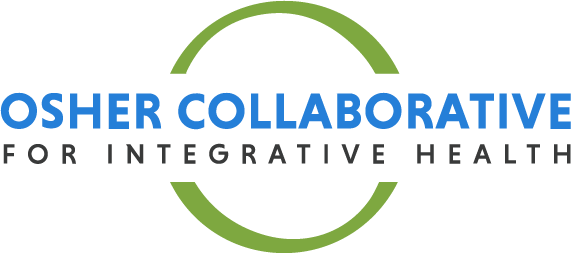Research on Improving Sleep During Pregnancy (RISE)

The majority of pregnant people experience poor sleep at some point during their pregnancies. Existing research on improving prenatal sleep is limited, and has not targeted the specific factors contributing to poor sleep quality during pregnancy.
This study aims to test whether a program that includes MBSR with tips for improving sleep during pregnancy (MBSR+PS) is more effective for improving sleep among pregnant people than what a health care provider might normally suggest (treatment as usual, TAU).
Eligibility:
Click here to take a 30-minute survey to find out if you are eligible to participate in the RISE Study. For more information, email [email protected] and check out http://rise.ucsf.edu/.
If eligible to participate in the RISE study, you will be asked to:
Complete the baseline study measures
- 14 days of sleep diaries
- Baseline questionnaires
Total estimated time: 170 minutes (~2.8 hours)
Total compensation: $125
Participate in either MBSR+PS or treatment as usual (TAU)
After completing the baseline study measures, you will be assigned at random to either Mindfulness-Based Stress Reduction plus Prenatal Sleep content (MBSR+PS) or Treatment As Usual.
If you are assigned to MBSR+PS, the following procedures will occur:
- Mindfulness-based stress reduction (MBSR), which will focus on teaching mindfulness skills for reducing stress and maintaining health and well-being. You will be asked to complete:
- 2.5 hour orientation session
- 30-minute private interview with the MBSR instructor
- Eight 2.5 hour weekly group MBSR sessions
- Daylong retreat
- Independent daily mindfulness practices (approximately 45 minutes/day)
- Prenatal sleep (PS) sessions, which will focus on teaching you techniques to improve sleep during pregnancy. You will be asked to:
- Attend eight 30-minute weekly PS sessions via Zoom, either individually or in small groups of other pregnant people.
- Make changes to your sleep habits and schedule in order to improve your sleep quality.
- Daily diaries of your home practice and sleep.
- Weekly depression questionnaire.
If you are assigned to treatment as usual, the following procedures will occur:
- Weekly depression questionnaire.
Regardless of which group you are assigned to, you will be free to receive usual care from your doctor.
Complete the endpoint study measures
- 14 days of sleep diaries
- Endpoint questionnaires
Total estimated time: 170 minutes (~2.8 hours)
Total compensation: $125
Questions? Email [email protected]
Study Investigators:
- Principal Investigator: Jennifer Felder, MD, UCSF Osher Center for Integrative Medicine
- Co-Investigators: Rick Hecht, MD, UCSF Osher Center for Integrative Medicine; Elissa Epel, MD, UCSF Weill Institute for Neurosciences; Andrew Krystal, MD, UCSF Weill Institute for Neurosciences
- Specialized Advisors: Judy Cuneo, MD, UCSF Osher Center for Integrative Medicine; Rachel Manber, PhD, Stanford Hospital & Clinics
- Project Manager: Patty Moran, MD, UCSF Osher Center for Integrative Medicine
- Clinical Research Coordinator: Riya Mirchandaney, UCSF Osher Center for Integrative Medicine

